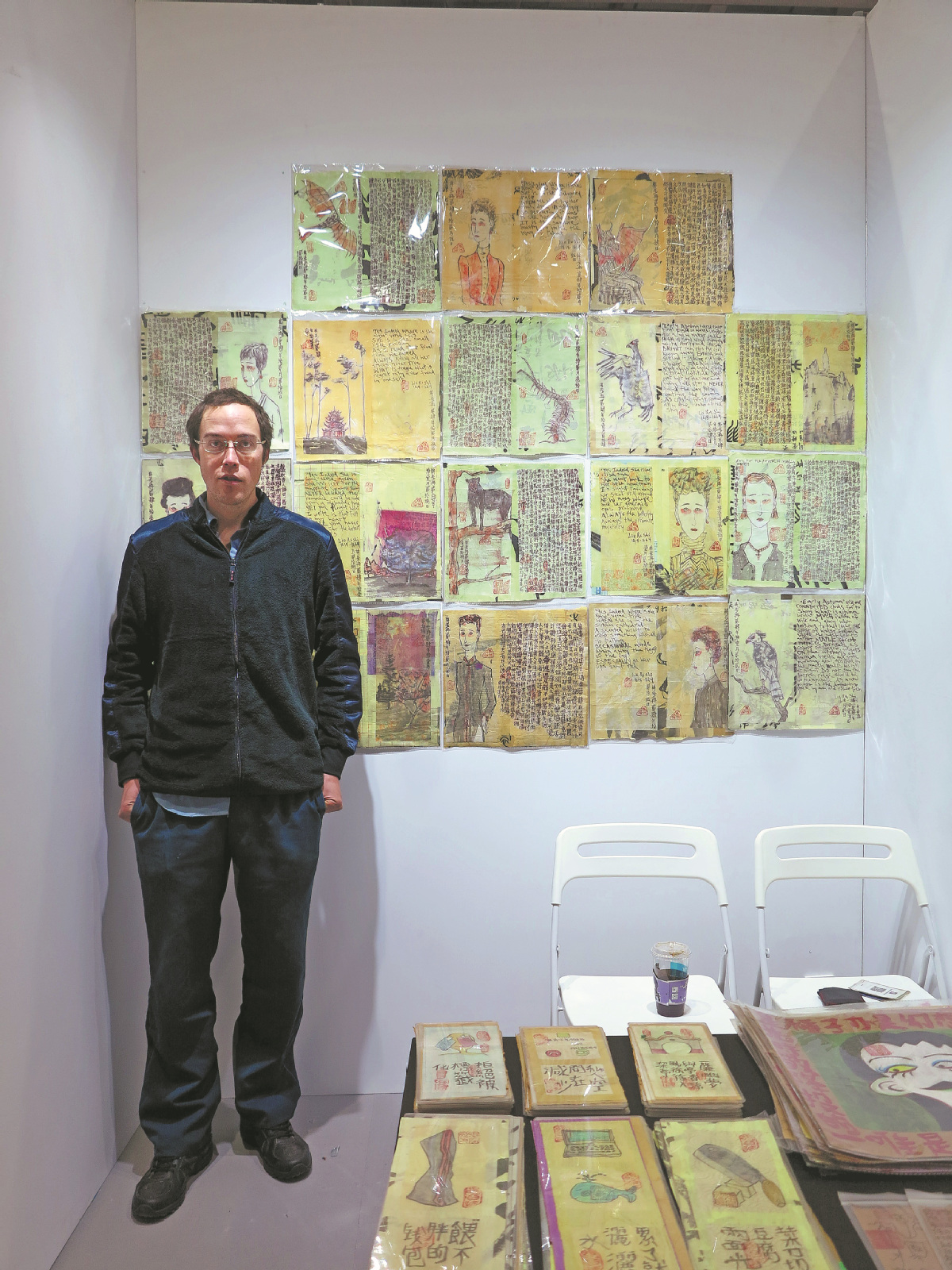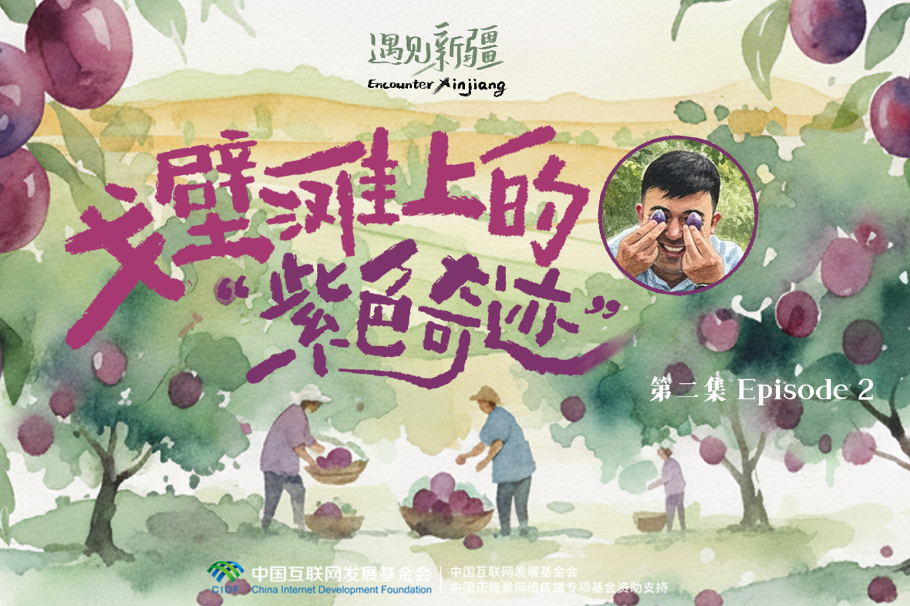Foreigners shun bright city lights for rural charms
More expats seeking authenticity, peacefulness in lower-tier metropolises, country areas


Total immersion
In the summer of 2005, Canadian Brandon Collins-Green spent six weeks visiting his then girlfriend in Shanghai. After the visit, he was due to embark on an exchange program in Singapore as part of undergraduate commerce studies at the University of Toronto.
While in Shanghai he decided to immerse himself in Chinese language and culture, by lodging with a local family who spoke no English. "Those first few weeks were tough. No one spoke English at all, and I had to learn quickly just to get by," he said, adding that's when he fell in love with the Chinese language.
Collins-Green decided to change his study plans. To master Chinese, he applied for scholarships to attend intensive language programs in Taiwan and later in Heilongjiang province, where in 2008 he enrolled in a four-year undergraduate degree in teaching Chinese at Jiamusi University.
His academic journey continued with semesters at various universities in China. But it was in 2012, when he first read the classic Dream of the Red Chamber, that his fascination with ancient Chinese literature began.
"It was like stepping into another world. It was the start of something that would shape the rest of my life," he said.
He devoted himself almost entirely to reading the book and following online lectures about it, learning about its conversational style that made it accessible to readers despite its complexity.
During his Master's studies at Jiangxi Normal University from 2015 to 2017 a simple book on Tang poetry sparked his interest in translating poems into English and pairing them with his own paintings. His works feature translations and commentary.
"I translate not just the words but the feeling — the soul of the poem — into color and brushstrokes. I think this is my own style, as I like this type of art from the medieval period of Europe, when there were paintings with writing on them," he said.
In 2018, he enrolled in a PhD program in ancient Chinese literature at Jiangxi Normal University, which he is still pursuing. However, he said his true passion has become his paintings with translations.
Choosing to live in Nanchang, Jiangxi province, rather than larger metropolises like Beijing or Shanghai, was a conscious decision, Collins-Green said. He appreciates Nanchang's rich cultural history and vibrant local energy, despite its reputation for bad weather and being less prosperous than other cities.
"Here there's a quiet sense of safety and trust; people don't have much, but it's more than enough. In big cities, dreams are consumed, not created," he said.
For eight years, he's embraced a simple life: one meal a day, a secondhand 2005 phone that cost him 80 yuan ($11.15), and limited clothes mended many times. He spends long nights painting and has created over 4,800 pieces inspired by ancient Chinese literature and poetry.
Over the past three years, the Canadian has frequently traveled around the country to sell his paintings at over 100 art shows, which has brought him recognition but also less time to create his art pieces. His paintings priced at 300 yuan per piece are popular, he said, and usually sell out at each art show he attends.
























